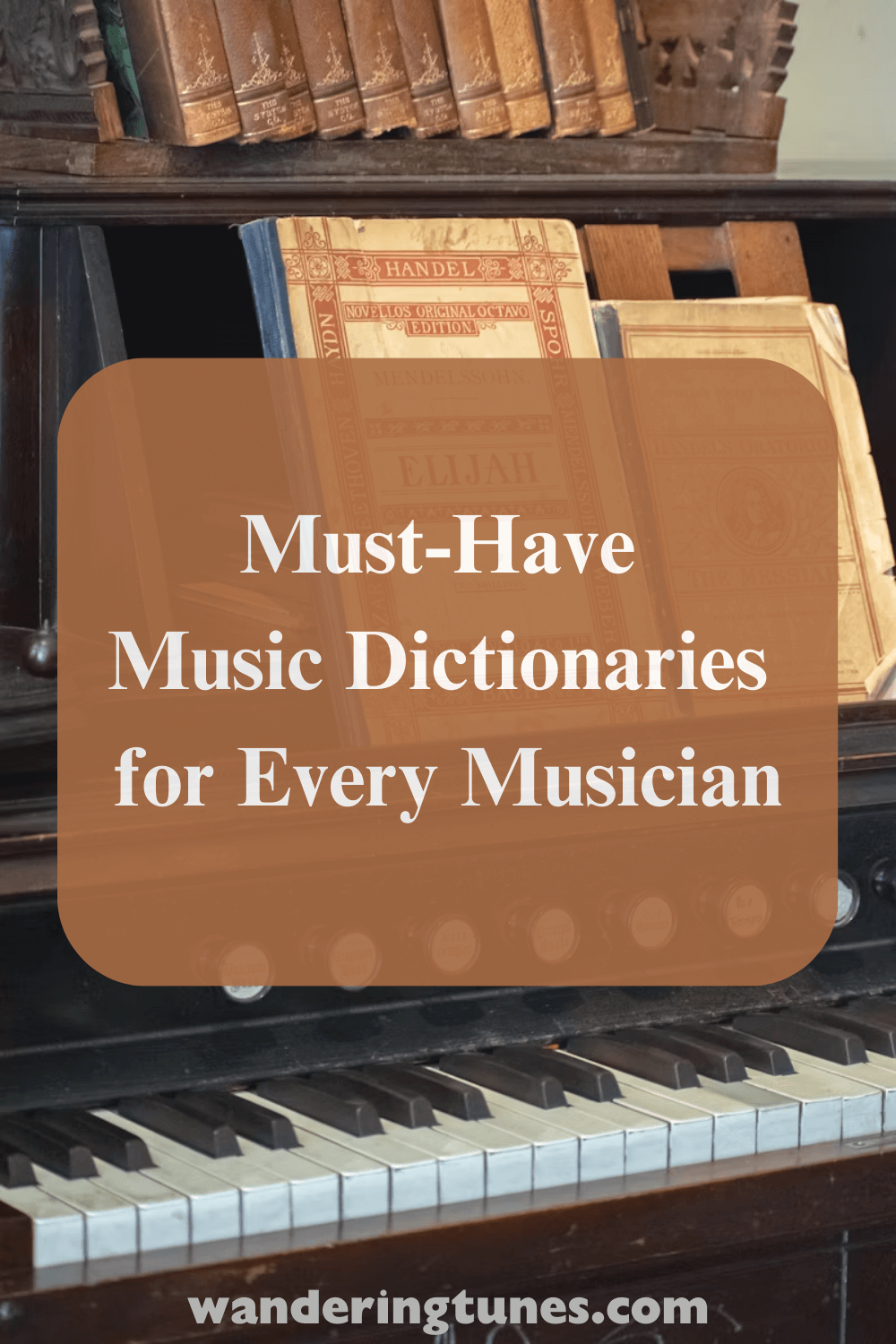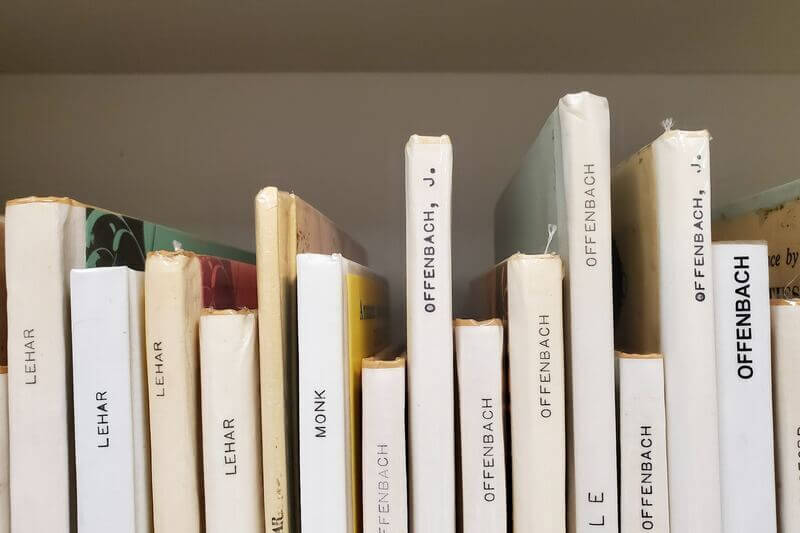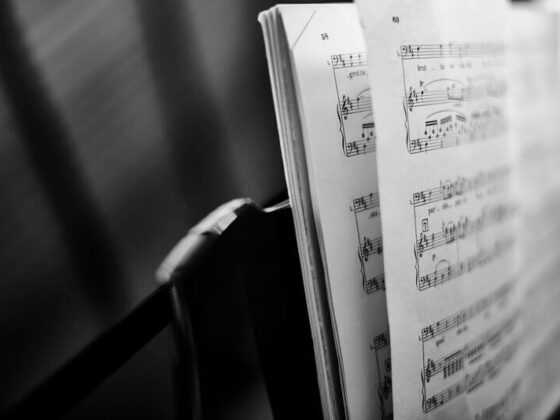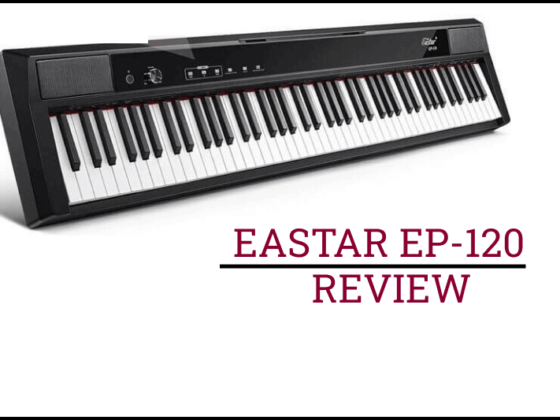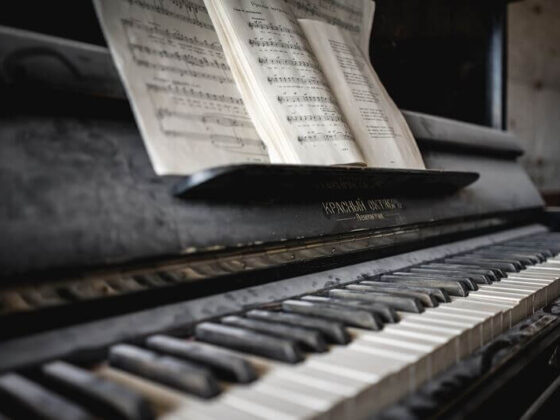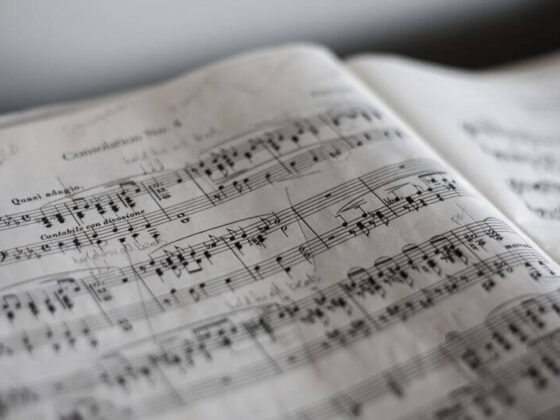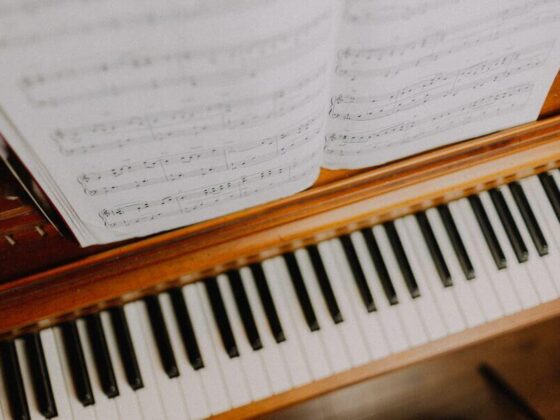This post is all about the best music dictionary.
Even in the age where the answer to any question is only one Google search away, music dictionaries still serve a valuable purpose. They provide not only definitions but also context, historical insights, and a curated collection of knowledge that has stood the test of time.
Today, there are a number of music dictionaries on the market, ranging from timeless classics to newer pocket-size guides. In this article, we will explore the best music dictionaries from each category for any type of musician or enthusiast.
Whether you’re a professional musician, an amateur, or a scholar, we hope you will find a suitable music dictionary for your needs.
Let’s start.
The Oxford Dictionary of Music (Oxford Quick Reference)
The Oxford Dictionary of Music is one of the most complete, accurate, and up-to-date music dictionaries out there. While it has been a staple for years, this latest edition includes over 250 new entries that cover the latest topics in music such as popular music, contemporary composers, and recording technology.
Inside this comprehensive dictionary, you will find broad information regarding music eras, composers, singers, librettists, operas, ballets, and any topic related to the history of music.
Best of all, due to the practical indexing system, you can easily navigate through the book without getting lost in the entries. Plus, the font is quite easy to read, which is a huge plus for a book of this thickness.
If you’re looking for a comprehensive and reliable music dictionary covering a wide range of music eras, The Oxford Dictionary of Music will be a fantastic buy.
Hal Leonard Pocket Music Theory
Hal Leonard’s Pocket Music Theory is an incredibly handy and practical dictionary for music theory. In a brief and compact format, it features a systematic presentation of a broad range of music theory concepts including but not limited to harmony, intervals, scales, chords, inversions, and modulations.
Related: 7 Best Piano Scales Books for Beginner, Intermediate & Advanced Players
Best of all, all topics are presented in a step-by-step and organized manner that makes the retention of information easier. From the most simple concepts to the most advanced, this dictionary caters to any level of musician and is meant to be used as a quick reference guide.
Overall, this pocket-sized dictionary will offer great value and practicality for any musician.
Essential Dictionary of Orchestration
Essential Dictionary of Orchestration is a wonderful reference guide that is packed with useful information for composers, arrangers, and orchestrators. It contains both general and specific information on over 150 instruments, covering all the essentials a musician needs to know while composing or arranging for a certain instrument.
Inside the book, you will find broad information regarding instrument ranges, characteristics of the instrument, tone quality descriptions, potential technical challenges, valuable scoring advice, and a wealth of additional insights.
Despite the immense amount of useful information it contains, this book is incredibly affordable. It has quite surprised me because books of similar quality and content are usually offered at a much higher price, as they should, so I truly believe this book offers terrific value for the price. Highly recommended.
The Pianist’s Dictionary
As the name suggests, The Pianist’s Dictionary is targeted at pianists, meant to be an all-in-one and practical guide for pianists to refer to.
From specific piano terms to the most prominent piano makers, the dictionary covers a wide range of topics, written in a brief yet informative and insightful manner. Inside the book, you will find entries related to performance directions, pianists, composers, significant works, terms, and topics on the history of the piano.
If you’re looking for a practical, handy, and comprehensive dictionary specific to pianists, you can’t go wrong with this one.
The Harvard Dictionary of Music
When it comes to music dictionaries, The Harvard Dictionary of Music is an indispensable and timeless resource that any musician should keep in their library.
In a single volume, it brings together entries from all music eras, styles, and forms in Western music as well as expert articles on world music, instruments, and popular music. Therefore, in addition to definitions and expert insights on Western classical music, you will also find a wealth of information and commentary on the music of Africa, Asia, the Near East, and Latin America.
Overall, it’s one of the most comprehensive, reliable, and useful music dictionaries out there. While it is packed with an immense amount of information, the way the concepts are explained is incredibly concise and clear. What is even greater is that for a dictionary of this scope and quality, it is offered at an incredibly competitive price.
One thing to be noted is that it doesn’t include composer biographies, so I would suggest looking into other dictionaries if you need biographical information on composers.
However, if you’re searching for a comprehensive and single-volume dictionary that can guide you for life, The Harvard Dictionary of Music is a fantastic choice.
Dictionary of Music Terms
If you need a simple and practical dictionary, you might want to check out this one by Santorella. Simple yet incredibly comprehensive, this dictionary features over 2,500 entries of musical terms and music theory reference diagrams.
This dictionary will come in super handy if you need a quick reference guide to look up a music term while you are studying or practicing music.
The New Grove Dictionary of Music and Musicians
The New Grove Dictionary of Music and Musicians is not your simple music dictionary. Considered the gold standard in music reference, it’s a whole set of books that contain articles written by experts in the field, covering a wealth of information on music and music history.
In addition to covering the entire history and theory of Western classical music, what makes this collection an indispensable and staple resource is its exploration of under-represented areas and topics of music. Spanning major influences like Latin American music to lesser-explored contributions from regions such as Asia, sub-Saharan Africa, and the Pacific Islands, The New Grove II delves into the music, theory, instruments, and musicians that have collectively left their mark on the diverse world of music.
While it is a scholarly guide written in a detailed and academic format, there are many parts that can be understood by an amateur musician or a simple music enthusiast, and overall I highly recommend this collection to anyone who has a serious interest in classical music.
It’s a timeless classic that will find a permanent home in your library, answering all your music-related questions for years to come.
The New Penguin Dictionary of Music
The New Penguin Dictionary of Music is not only a music dictionary but a also delightful read, thanks to the insights and opinions that the author adds to each entry. Paul Griffiths, who is a renowned music critic and the author of the book, offers his unique takes and additional information on each topic by going beyond mere facts and definitions.
Spanning 1,000 years of Western music, the dictionary covers significant composers, performers, music theory, terms, and history. Overall, it is one of the most comprehensive reference books on Western music, and with the insightful commentary of the author, it is an absolute must-have in any amateur or professional musician’s library.
Baker’s Biographical Dictionary of Musicians
If you’re looking for a music dictionary that contains biographical information on musicians, composers, and performers, Baker’s Biographical Dictionary of Musicians is unparalleled. It’s one of the most important resources in the field, containing detailed and reliable information on various composers, performers, musicologists, and publishers in the history of music.
Related: 5 Famous Pianists Who Started Late
With the insightful commentary, humor, and warmth added to entries by the author, this dictionary is not only a definitive resource but also an incredibly pleasurable read.
All in all, it’s one of the most complete, accurate, and thorough biographical music dictionaries you’ll want to preserve in your library for a long time.
Alfred’s Pocket Dictionary of Music: Terms * Composers * Theory
If you’re looking for a comprehensive and informative yet practical music dictionary, this one by Alfred is a fantastic choice. Focusing primarily on composers throughout a wide range of musical eras, this pocket guide includes thousands of entries related to music theory, musical terms, and the composers themselves.
Overall, this book serves as a handy and quick reference book for musicians of any level and instrument. I highly recommend it if you need a practical reference guide that you can easily take to classes or use during your music lessons with students.
To sum up, these were the 10 best music dictionaries that are packed with valuable, accurate, and thorough information on various aspects of music. Whether you’re delving into the history of classical compositions, deciphering complex music theory, or seeking the biographies of renowned musicians, we hope you like these recommendations.
If you have any questions, please post them below and we’ll happily answer!
